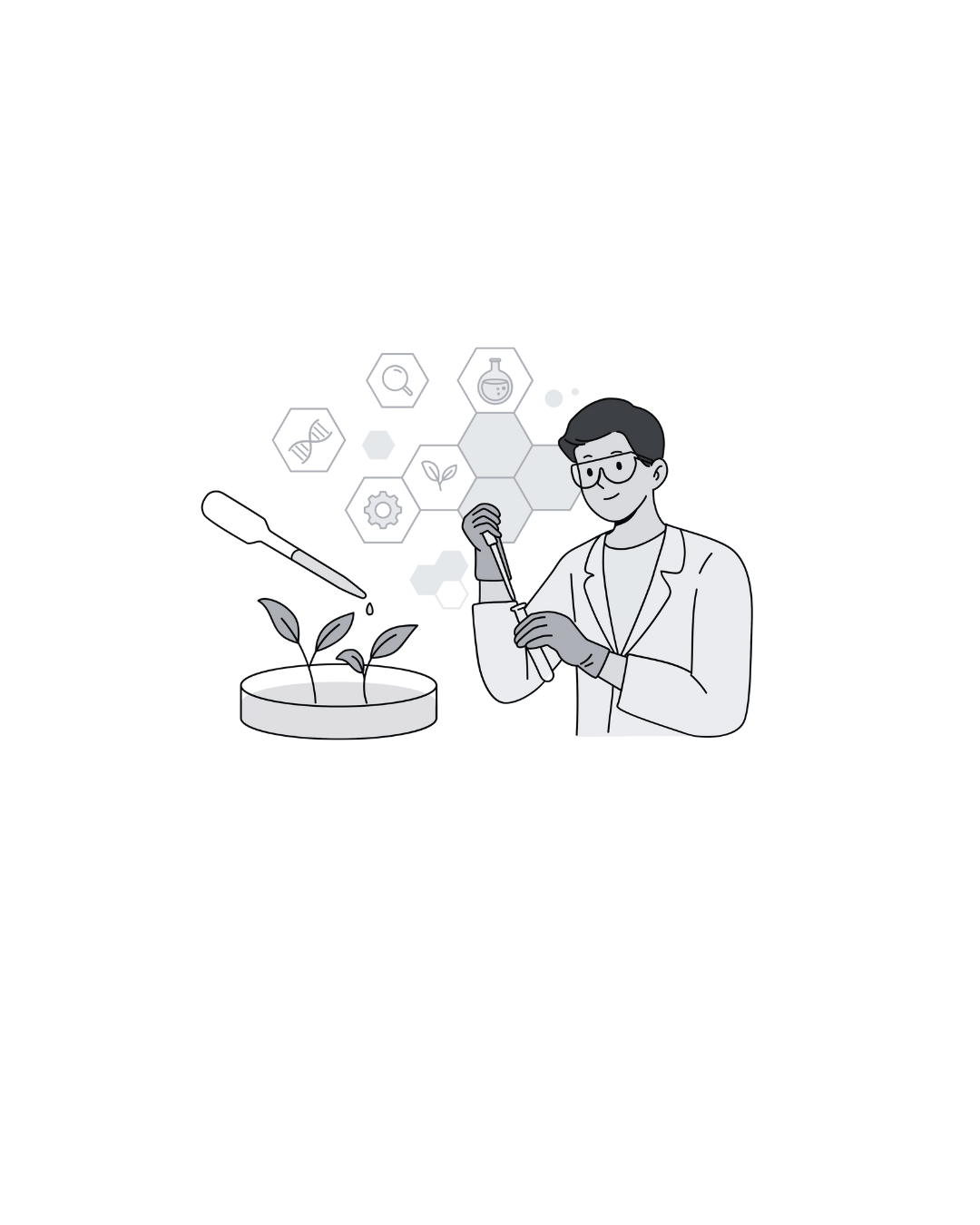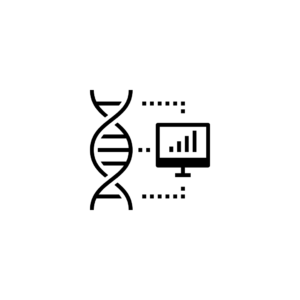Description
A Bachelor of Technology in Biotechnology (B.Tech in Biotechnology) is an undergraduate degree program that combines principles of biology, chemistry, and engineering to develop technologies and products for various applications in healthcare, agriculture, environmental science, and more. The program aims to equip students with a sound understanding of biological processes and the technical skills needed to innovate and solve biological problems using biotechnological techniques.
Curriculum Overview
The curriculum for a B.Tech in Biotechnology typically includes core courses, practical laboratory work, and elective subjects. Here are some common subjects and areas of study in this program:
Fundamentals of Biology:
Basic concepts in biology, including cell biology, genetics, microbiology, and molecular biology.
Biochemistry:
Study of the chemical processes within living organisms, focusing on the structure and function of biomolecules.
Microbiology:
Examination of microorganisms, their biology, and their applications in biotechnology, health, and industry.
Genetic Engineering:
Techniques for manipulating and transferring genes, including CRISPR, cloning, and recombinant DNA technology.
Cell Biology:
Study of cellular structures, functions, and processes, including cell signaling, division, and differentiation.
Bioprocess Engineering:
Principles of designing and optimizing processes for the production of biological products in industrial settings.
Biotechnology Tools and Techniques:
Training in laboratory techniques such as PCR, electrophoresis, and chromatography used in biotechnology research.
Environmental Biotechnology:
Application of biotechnological techniques to address environmental issues, including waste treatment and bioremediation.
Industrial Biotechnology:
Study of biotechnological processes utilized in the production of chemicals, materials, and biofuels.
Pharmaceutical Biotechnology:
Exploration of biopharmaceuticals, drug development processes, and regulatory considerations in the biotechnology industry.
Bioinformatics:
Use of computational tools and techniques for analyzing biological data, including genomic and proteomic information.
Ethics and Regulations in Biotechnology:
Overview of ethical issues, safety regulations, and policies governing biotechnological research and applications.
Project Work/Internship:
Practical experience gained through internships or project work in laboratories or industry settings, allowing students to apply their knowledge in real-world scenarios.
Career Opportunities
Graduates with a B.Tech in Biotechnology can pursue a variety of career paths in sectors such as healthcare, pharmaceuticals, agriculture, and environmental science. Some potential job roles include:
Biotechnologist: Conducting research and development in laboratories, focusing on developing new products or technologies.
Quality Control/Assurance Analyst: Ensuring that biotechnological products meet quality standards through testing and analysis.
Clinical Research Associate: Managing and overseeing clinical trials to assess the efficacy and safety of biopharmaceuticals.
Process Development Scientist: Working on the design and optimization of bioprocesses for the production of biological products.
Regulatory Affairs Specialist: Ensuring that biotechnology products comply with regulations and standards set by government agencies.
Bioinformatics Specialist: Analyzing biological data using software tools and methodologies to support research and decision-making.
Sales and Marketing Executive in Biotechnology: Utilizing technical knowledge to promote biotechnological products and solutions to clients.
Research Scientist: Engaging in research projects in medical, agricultural, or environmental biotechnology within academic or industrial settings.
Environmental Consultant: Advising organizations on biotechnological solutions for environmental sustainability and pollution control.
Academician: Pursuing a career in teaching and research in universities or educational institutions.
Further Education
Graduates may choose to pursue advanced degrees, such as a Master?s in Biotechnology, Molecular Biology, or related fields, particularly if they are interested in specializing further or engaging in research. Certifications in specific technologies or areas of biotechnology can also enhance career prospects.
If you have any more specific questions about the curriculum, potential career paths, or other aspects of a Bachelor of Technology in Biotechnology, feel free to ask!









